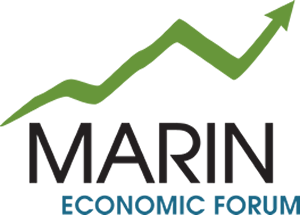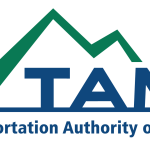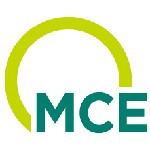7/20 Blog Topic: The COVID-19 Economic Recovery Must Be Equitable
July 20, 2020
The COVID-19 crisis has exposed many things. First, our nation was not as well equipped to deal with a health pandemic as we may have thought. Past decisions on preparations and funding created a situation where the US health sector does not have sufficient resources to confront the virus. Second, small businesses, the backbone of our economy, do not have the liquidity to withstand several months of business closure. Finally, as with any disaster, the economically vulnerable are more acutely affected than those that have the resources to withstand or recover from shocks. Recent research by the Center for Equity, Gender and Leadership at UC Berkeley presents clear evidence of the severe negative economic impacts from COVID-19 on people of color and women.
This final point is on full display here in Marin County. The job losses resulting from government shut-downs and lack of consumer consumption are concentrated in low-wage jobs, in the leisure & hospitality sector (employment down 46% from 2019), and retail sector (employment down 16% from 2019). Meanwhile, higher wage occupations in the financial services and information technology sectors have experienced job losses of less than 4%. We also know that front-line workers in the healthcare, janitorial, and grocery sectors have experienced higher infection rates than those residents in occupations accommodating work from home. Finally, and unfortunately, the data from Marin County Health and Human Services confirms that our communities of color in Marin are disproportionately affected by the virus, registering almost 80% of positive COVID-19 cases, although these communities represent just 29% of our population.
Understanding that our economic recovery is not going to “snapback” and, in fact, may be more devastating than the Great Recession, regions are commencing the difficult task of planning for an uncertain future. The Marin Economic Forum (MEF), which has “enhancing social equity” in its mission statement, is encouraging any future plan for our economy to be “equitable.” What does that look like? Fortunately, there is a lot of discussion on the topic but MEF sees a few areas to prioritize.
First and foremost, we need to ensure that any long-term planning for our economy include input from stakeholders in our most vulnerable communities, including our LatinX and African American residents, our older adults, veterans, youth, and those dealing with physical or mental illness.
Second, an equitable recovery must ensure that the long-term effects from the virus do not worsen inequality, by creating further financial damage to individuals that were already on the economic margins. To do so, getting those who lost jobs back to work quickly must be a priority, including the possibility that some will need to be retrained or reskilled. We need to leverage the capacity of organizations like CareerPoint and the many non-profits that link vulnerable communities to employment opportunities.
Third, we must consider how to support individuals that want to start their own business but do not have the resources or means to obtain mainstream financing or other incentives. This means a concerted effort to link entrepreneurs to the many forms of free assistance offered through organizations like the Marin Small Business Development Center or other entrepreneurship entities that have now shifted their training online. It also means more engagement with Community Development Financial Institutions (CDFIs) like Pacific Community Ventures, which specialize in working with small business owners like female entrepreneurs, immigrant entrepreneurs, and entrepreneurs of color.
Finally, any future strategy for the economy must prioritize the attraction of companies that can bring more middle-skill jobs to Marin, the types of jobs that require skills but not necessarily a 4-year degree. Sectors like IT support, banking, and even biotech have occupations that are skills-based, not education based, and pay a suitable living wage, even by Marin standards. According to data from the Marin Promise Partnership, just 38% of students of color completed college or post-secondary education in 2019 compared to 62% of white students. While getting more students to complete college remains a priority for all Marin families, creating good employment opportunities must be a part of any economic strategy.
These are but a few of the ideas to ensure our future economic recovery is equitable. There are many more, and MEF is happy to solicit those ideas from our community.
Mike Blakeley, CEO
Marin Economic Forum
Tags: blog














